-
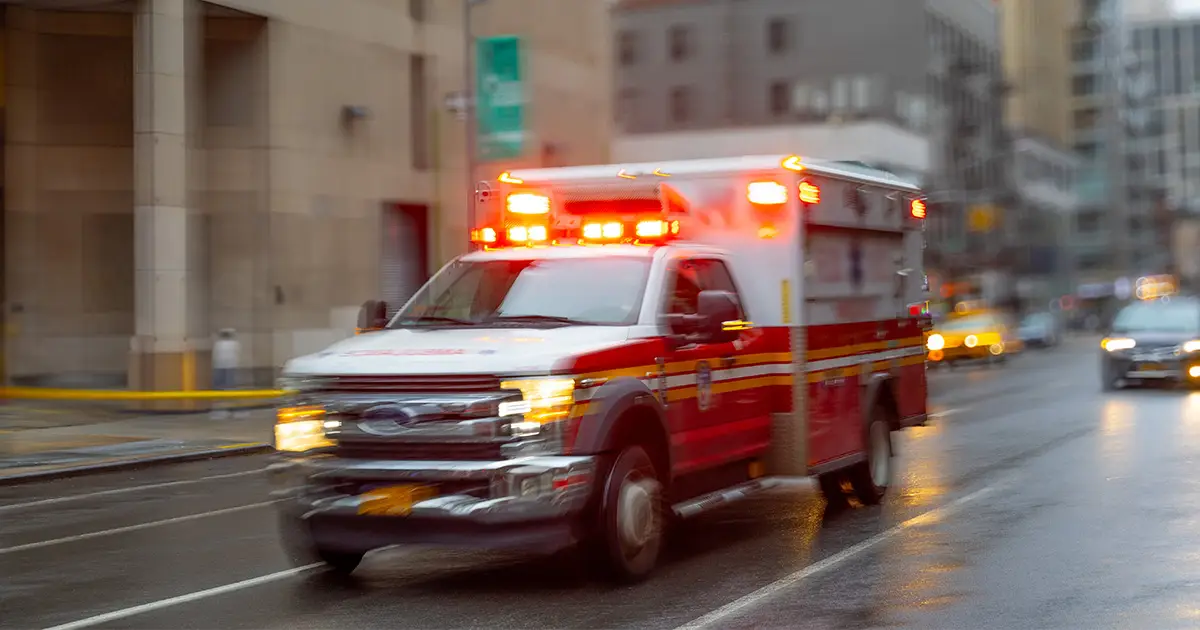
Increasing Safety at Your EMS Agency
Injuries on the job are unfortunately all too common for EMS. Bob Elling discusses steps you can take to increase safety within your agency. -
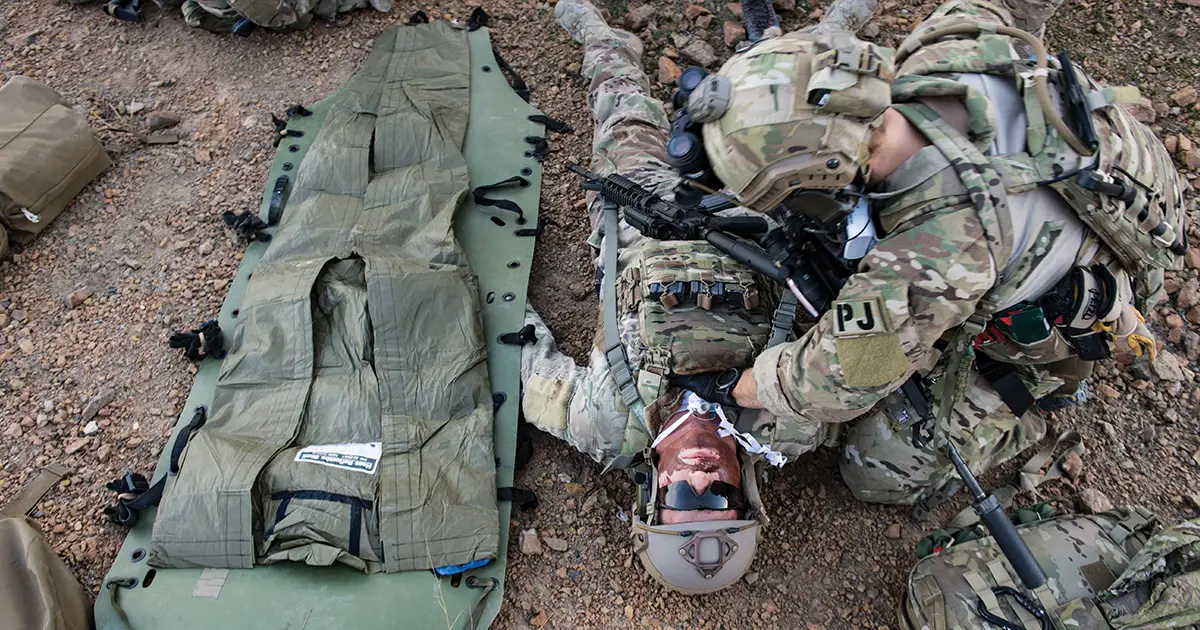
The Impact of Whole Blood Use on Military and Civilian Resuscitation Practices
Navy Captain (Ret.) Dr. Frank Butler discusses how military advancements in whole blood resuscitation are paving the way for improved trauma care in civilian EMS settings. -

Working with Law Enforcement at EMS Calls
Law enforcement is often at the scene of an emergency. Here are some tips to help first responders work effectively with the police during EMS calls. -

Speaker Lineup at FDIC 2025
Public Safety Group is proud to have several affiliated speakers at FDIC 2025. Let's take a closer look at some of the exceptional speakers who will be sharing their expertise. -

How Can EMS and Fire Educators Prevent Cheating in the Classroom?
With cheating methods becoming more advanced, how can educators keep up? Dr. Bill Young discusses ways fire and EMS instructors can curb cheating in the classroom. -

Lights and Siren Use in EMS is Changing. Here's What You Need to Know
Recent findings indicate that lights and siren usage creates a risk not only to the emergency medical professionals but also to the public without providing any lifesaving benefit to the patient. -
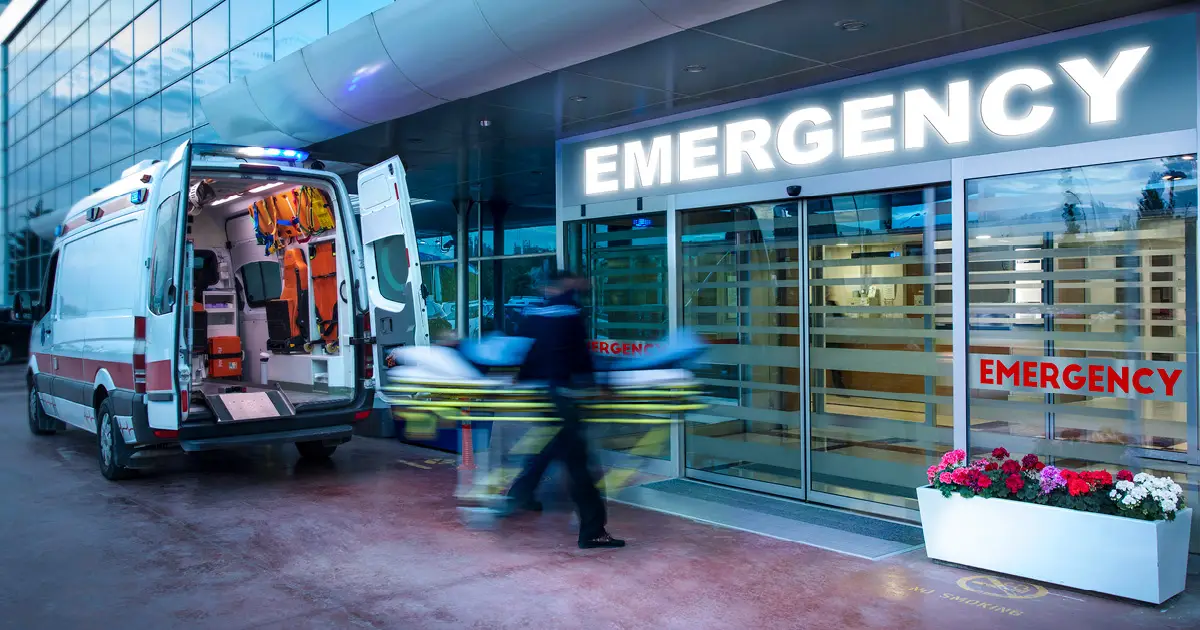
Resources for EMS Responders to Keep Nearby
Bob Elling highlights the shift towards technology-assisted EMS care, and recommends some top field guides, apps, and other resources for EMS provers. -
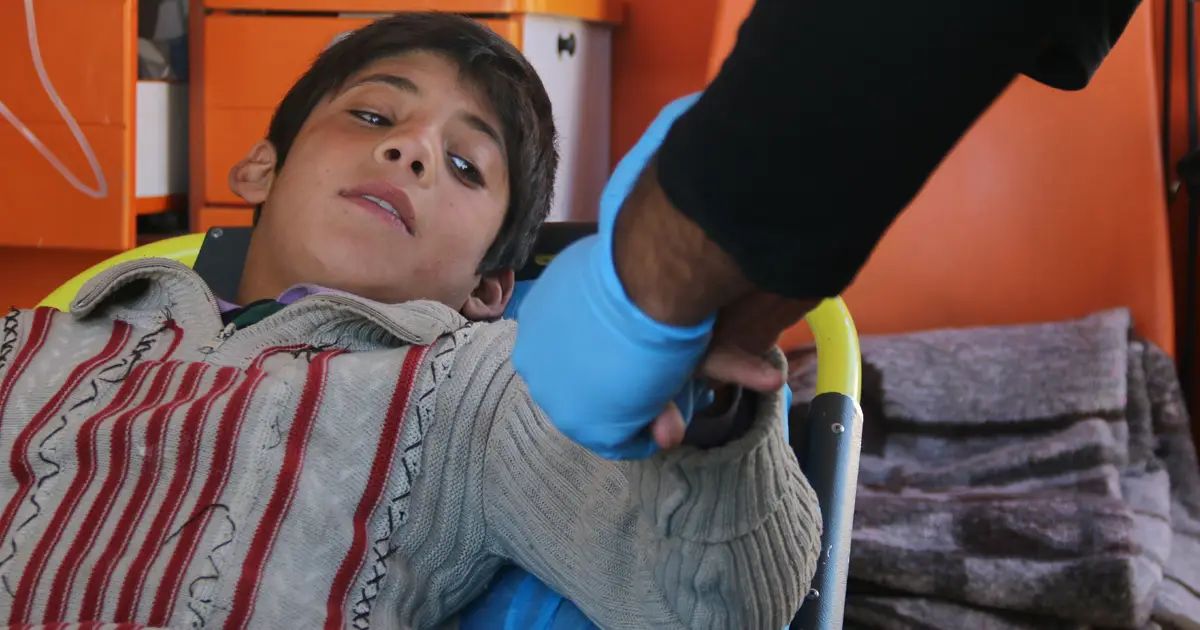
A Guide to Pediatric Pain Management for Emergency Responders
The approach to pediatric pain control has undergone significant changes. Dr. Rudy Kink shares how EMS providers can deliver compassionate care to children. -
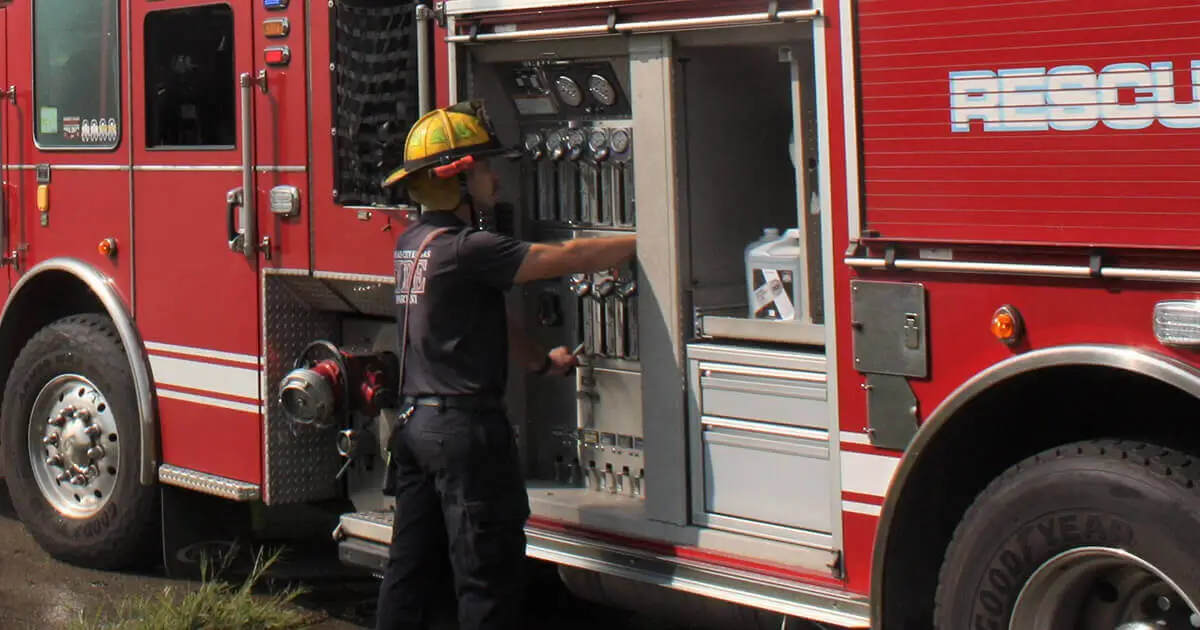
The Next Era of Firefighting: How Volunteer Firefighting is Changing
Volunteer firefighters make up 65% of the firefighting force nationwide. How has the role of a volunteer changed, and what does the future hold? -
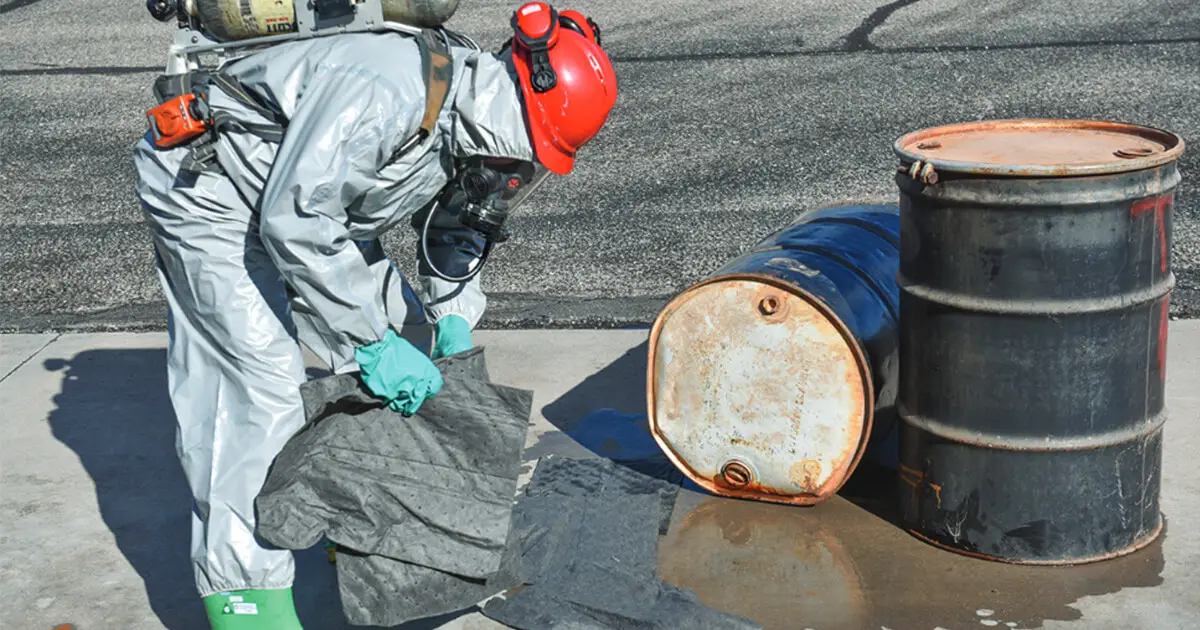
Why Understanding Hazmat at the Operations Level Is Critical for Every Firefighter
Hazmat training is a critical part of a firefighter's skill set. Rob Schnepp discusses the changing nature of hazmat response, and how to make training more effective.
-
Customer Spotlight Q&A: Jason Marquez, EMT-P President and CEO, First Response Training Group Orlando, Florida
Jason Marquez, EMT-P, President and CEO, First Response Training Group Orlando, Florida, talks about his experience using the Emergency Care and Transportation of the Sick and Injured, Twelfth Edition and Nancy Caroline’s Emergency Care in the Streets, Ninth Edition.Full story
-
ECSI Tutorial Series (3): How to Create and Submit a Course Roster
Hey there, ECSI Education Center coordinators and instructors! Do you know how to issue your course completion cards? Let's find out!Full story
-
Fisdap Instructor Tutorial: How do I view which preceptors have completed the training?
To see a list of who's completed the training, go to the orange Reports tab and click on the Accreditation link.Full story
-
Medical Director Discusses the Importance of Evidence-Based Content for EMS Recertification
Evidence-based medicine uses the scientific method to organize and apply current data to improve health care decisions. Despite its ubiquitous usage in health care, it is relatively new to prehospital care. Is it time for a change?Full story